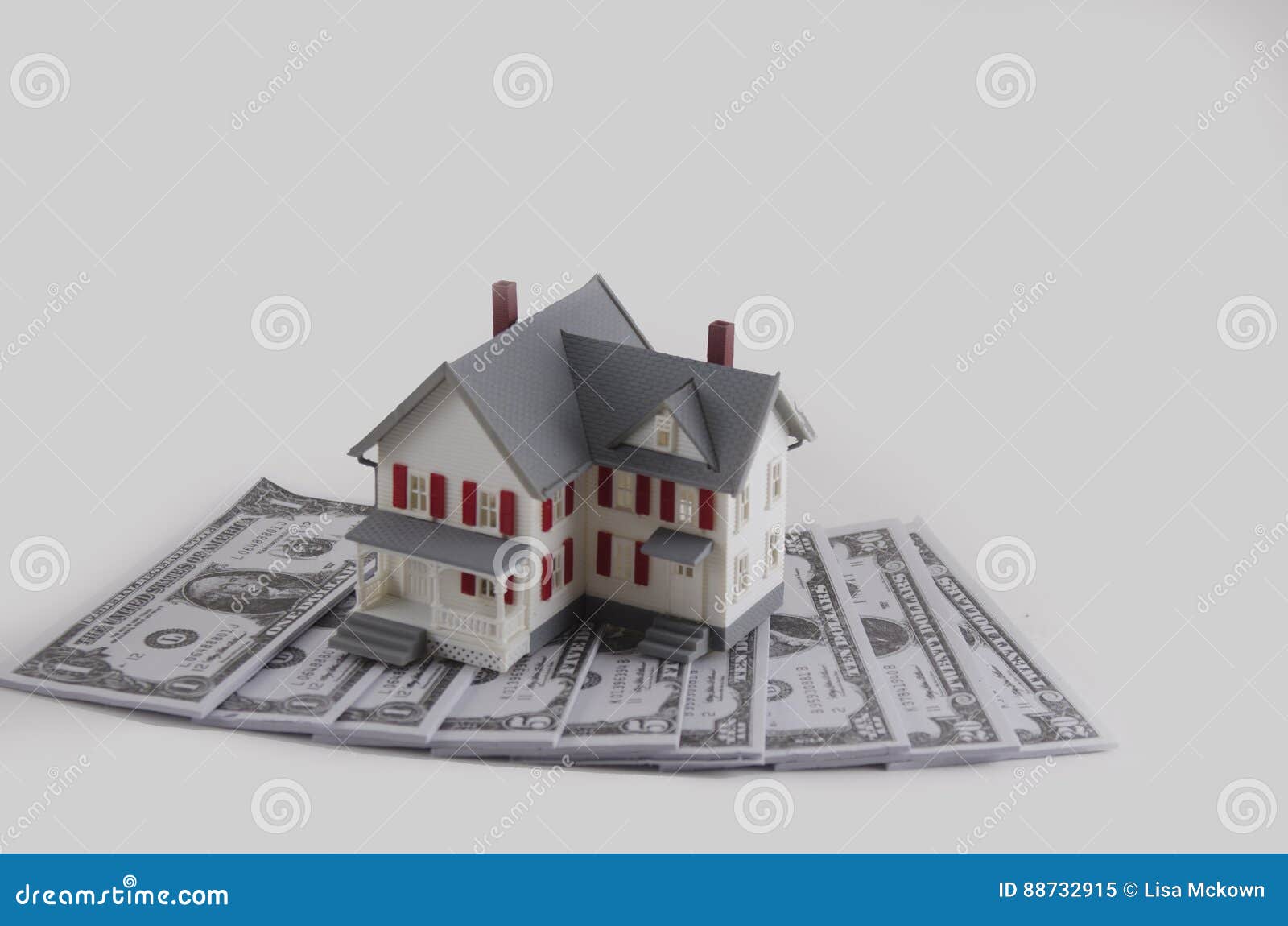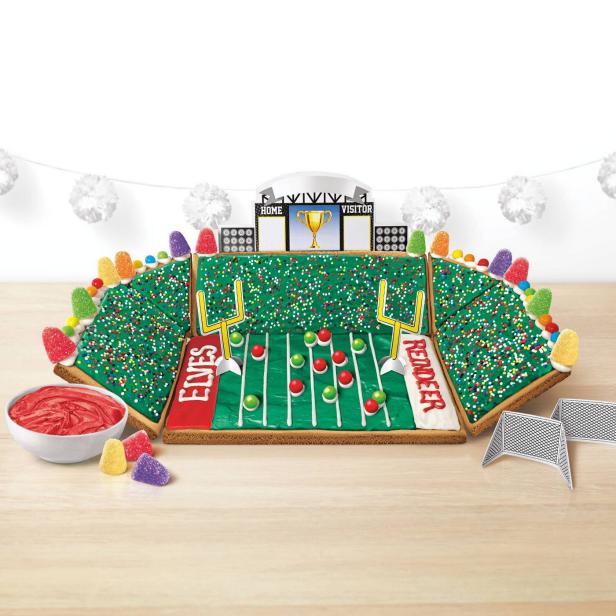Table Of Content

With a passion for finance, real estate and travel, Samantha has written hundreds of articles to help others use money as a tool to live their dream life. Samantha is a proud 2X West Chester University alum and is based in Pennsylvania. Robertson realized she had an advantage because she qualified for a loan partially guaranteed by the Department of Veterans Affairs, allowing her to skip the down payment. She figured out that she could use the loan to buy a multifamily property and live in it, while renting out the other units. But in those five months, the interest rates she was quoted for her loan climbed from 5.625 percent to 7.125 percent.
Why are down payments required by mortgage lenders?
Average Home Down Payment Reached All-Time High in 2023 - CoreLogic
Average Home Down Payment Reached All-Time High in 2023.
Posted: Wed, 27 Mar 2024 07:00:00 GMT [source]
Many lenders offer conventional loans with PMI for down payments as low as 5%, and some as low as 3%. That’s just the cutoff many lenders use for requiring private mortgage insurance (PMI) on a conventional loan. If you put less than 20% down, leave some wiggle room in your budget to account for the cost of monthly mortgage insurance payments. When deciding how much to put down, consider both the amount of cash you have on hand and the expected and unexpected expenses of buying and owning a home.
Explore personal banking

Keeping some money in the bank for emergencies, rather than spending it all on a down payment, can be a smart move. You won’t have to pay for unexpected car repairs or medical bills on credit and rack up high-interest debt. Hanging on to some money can offer peace of mind and is a cheaper way to cover emergency expenses. On a Federal Housing Administration (FHA) loan, 10% down can be the difference between paying mortgage insurance for the life of your loan or for the first 11 years. Lenders appreciate large down payments because it lowers their financial risk and shows that you’re a motivated buyer.
Use the Home Price
The remaining amount is usually then financed with mortgage loans. The general rule is the more you put down, the less you’ll have to borrow. Loan approval is subject to credit approval and program guidelines. Not all loan programs are available in all states for all loan amounts. Interest rates and program terms are subject to change without notice.
Jumbo Loans (10% to 20% Down)
But the bill also allows the president to forgive those loans starting in 2026. Also in 2021, Reich, on behalf of her accounting firm, received a COVID-19 Economic Injury Disaster Loan (EIDL) totaling $500,000. The funding was provided by the Small Business Administration to help companies recover from the economic impacts of the COVID-19 pandemic.
Investment services
What are Mortgage Closing Costs? - NerdWallet
What are Mortgage Closing Costs?.
Posted: Fri, 12 Apr 2024 07:00:00 GMT [source]
Existing home sales are down, but new construction is still going strong. The National Association of Home Builders/Wells Fargo Housing Market Index increased three points to 51 in March, signaling that buyers are still interested in purchasing new builds. Homes are still difficult to afford, as demonstrated by the decline in existing home sales in March. You can save money on moving by DIYing tasks that can be done safely, such as packing and cleaning.
Advantages of having a larger down payment
So, often if somebody’s sold a house and they’re walking away with a lot of equity, they’ll roll that in and do at least a 20% down payment, if they’re move-up buyers and have the cash,” says May. There are also location-based state and community assistance programs for first-time homebuyers that are worth researching. For qualifying buyers, they offer no down payment and reasonable interest rates on their mortgages.
What Are The Pros And Cons Of Putting 20% Down?
Per rules set by government-sponsored entities Fannie Mae and Freddie Mac, the minimum down payment is 3% for conventional home loans. For FHA loans that help low- to moderate-income families attain homeownership, the minimum is 3.5%. Rather than simply borrowing the maximum loan amount a lender approves, evaluate your estimated monthly mortgage payment too. Lenders use two ratios to help determine the monthly mortgage amount you can afford. 28% of your gross monthly income is the maximum amount that should be used for housing expenses, including your monthly mortgage payment, homeowners insurance, and property taxes. Now, let’s say you put down 20% on the $300,000 home, which is $60,000.
What's the biggest barrier to buying a home?
This down payment calculator provides customized information based on the information you provide. But, it also makes some assumptions about mortgage insurance and other costs, which can be significant. It will help you determine what size down payment makes more sense for you given the loan terms. Jumbo loans are the most common non-conforming conventional loan available to homebuyers. Lenders have varying qualifying guidelines for jumbo loans, which exceed a conforming loan limit set by the federal government. When you apply for a mortgage to buy a home, expect to pay something up front with a down payment.
The U.S. Department of Agriculture guarantees loans to help make homeownership possible for low-income buyers in rural areas nationwide. These loans require no money down for qualified borrowers for properties that meet USDA’s eligibility rules. Miranda Crace is a Senior Section Editor for the Rocket Companies, bringing a wealth of knowledge about mortgages, personal finance, real estate, and personal loans for over 10 years. Miranda is dedicated to advancing financial literacy and empowering individuals to achieve their financial and homeownership goals. She graduated from Wayne State University where she studied PR Writing, Film Production, and Film Editing.
A down payment is a crucial part of your home loan, but it’s only a small piece of your overall financial picture. Knowing the down payment amount you’re comfortable with can help you search for homes in your budget and keep you from draining your savings. Emptying out your savings for your down payment may not be the best financial decision in the long run. You may need more money for repairs and renovations than you originally budgeted for. Setting aside cash reserves upfront can make homeownership less stressful.

No comments:
Post a Comment